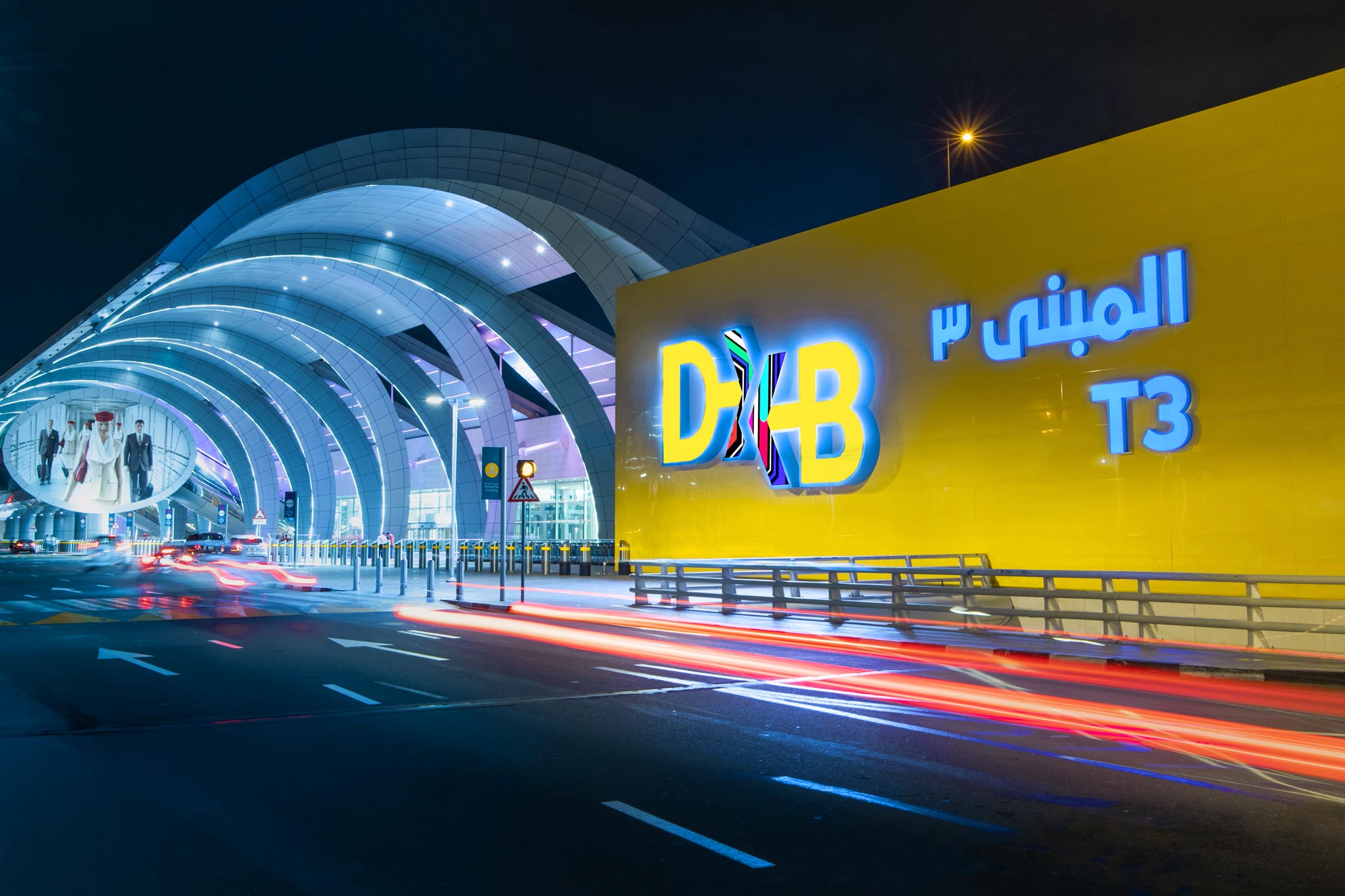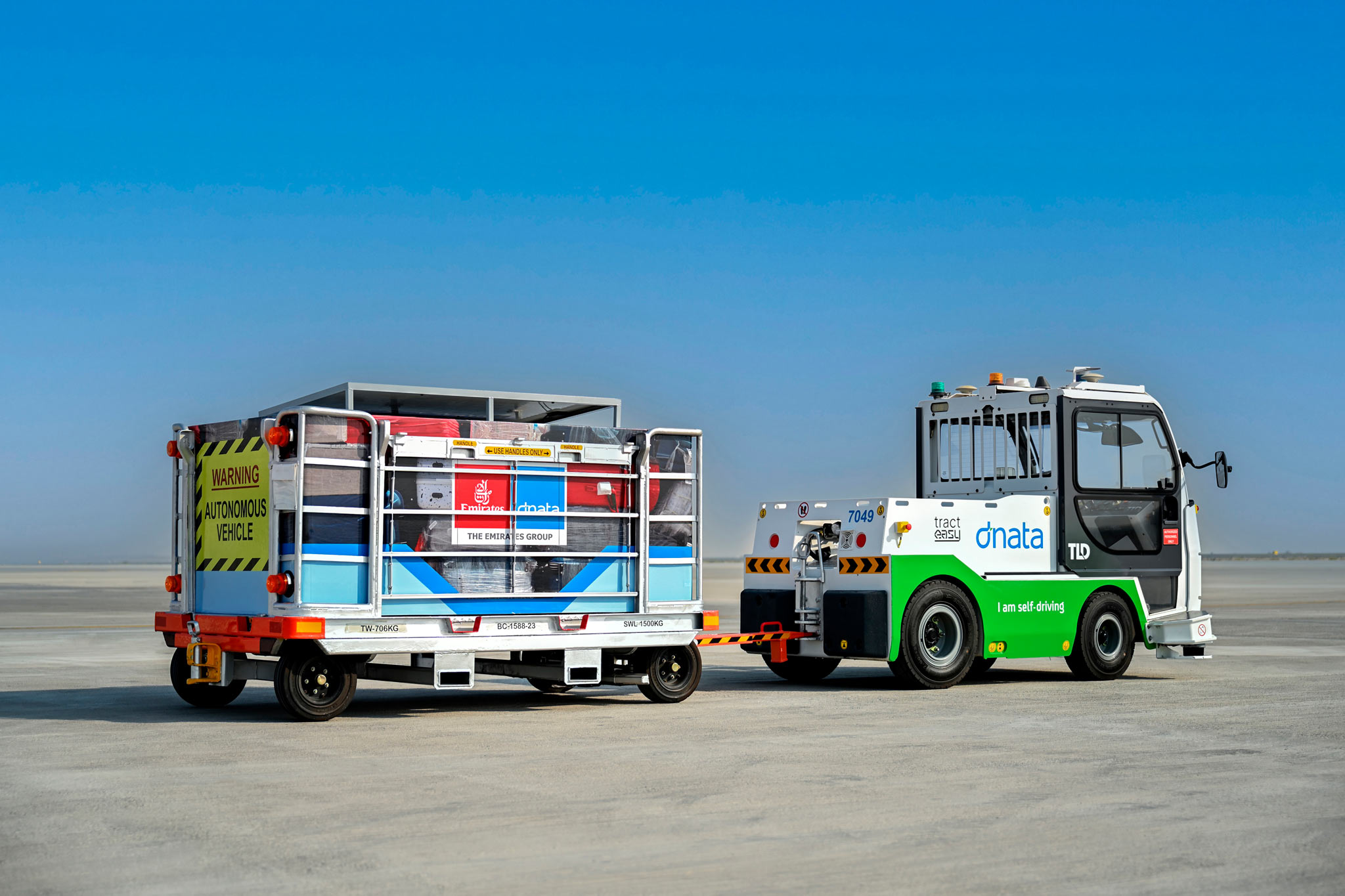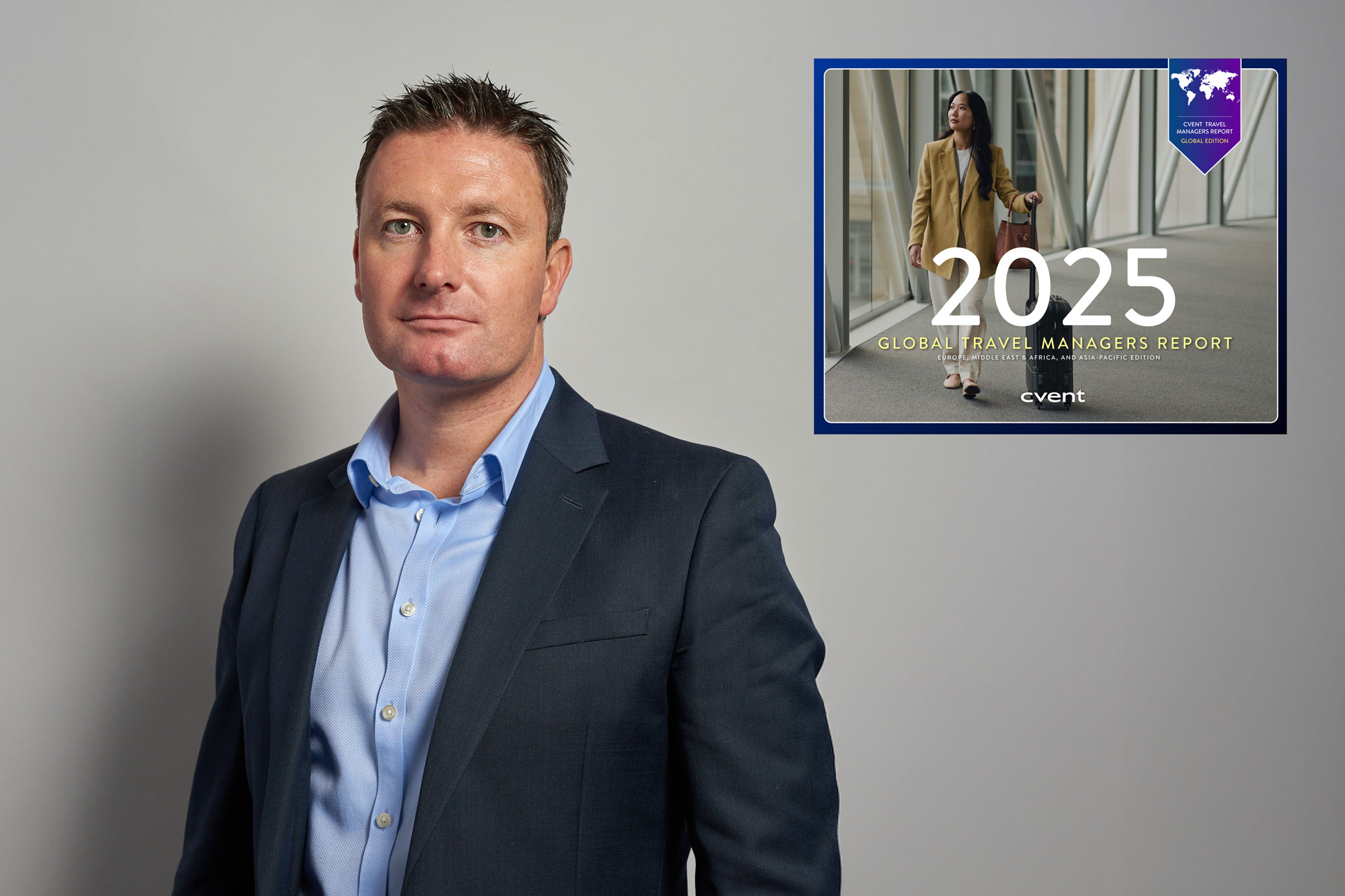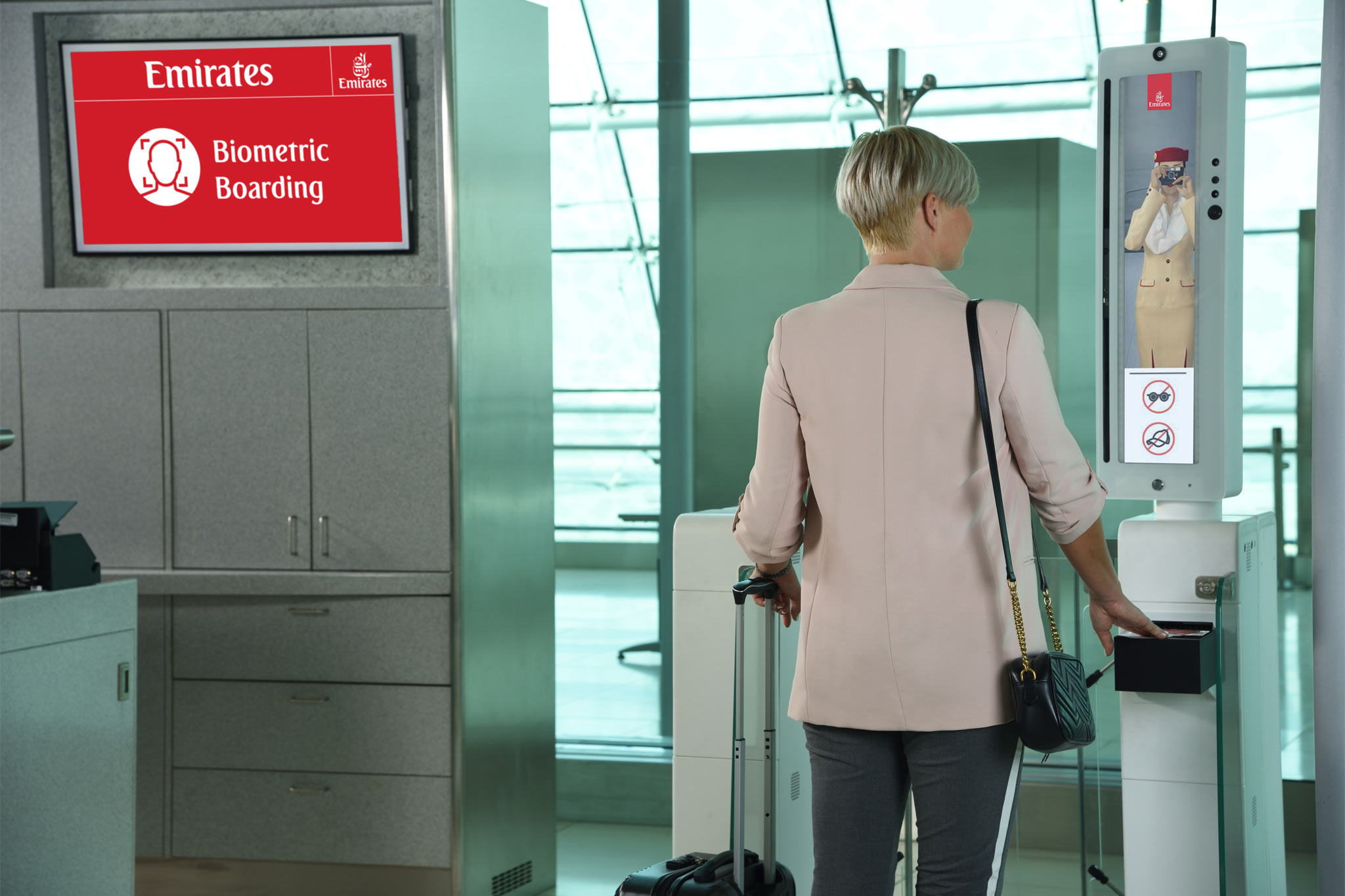Dubai International (DXB) has raised the bar on contributing to Dubai’s economy by welcoming a record 44.9 million guests during the first six months of this year.
With an 8 per cent year-on-year increase in guests, DXB has established its position as a globally preferred gateway, boosted by strong connectivity with key international markets. It has also reaffirmed its central role in supporting Dubai’s economic growth.
Dubai attracted 9.31 million international visitors in H1 2024, reflecting its burgeoning appeal as a global hub for talent, enterprises, and investors. These figures, recently released by Dubai’s Department of Economy and Tourism, tie in closely with the growth of Dubai’s GDP, which reached AED 115 billion in Q1 2024, up 3.2 per cent from the previous year.
Paul Griffiths, CEO of Dubai Airports, commented, “The record-breaking performance in the first half of this year highlights our strategic importance as a global aviation hub. Dubai is at the forefront of global cities when it comes to attracting talent, businesses, and tourists from around the world, and we are proud to be the gateway to the city, driving growth and enhancing the airport experience for every guest. Strong demand from key source markets, such as India, and the gradual but certain resurgence of markets, such as China, have been instrumental in our success. We have a very optimistic outlook for the remainder of the year, and we are on track to break records with 91.8 million annual guests forecasted for 2024.”
Established and growing markets
The size and significance of DXB’s established and growing markets, including South Asia, Western Europe, the GCC, and East Asia, have played a crucial role in the airport’s continued success. In the first half of 2024, India remains DXB’s top destination country with 6.1 million passengers, while traffic from China exceeded 1 million passengers, representing 80 per cent year-on-year growth and a 90 per cent recovery compared to 2019 levels.
DXB’s top destination countries after India are Saudi Arabia, with 3.7 million guests, the United Kingdom, with 2.9 million guests, and Pakistan, with 2.3 million guests. Other significant markets include the United States (1.7 million guests), Russia (1.3 million), and Germany (1.3 million). The top three city destinations were London (1.8 million guests), Riyadh (1.6 million), and Mumbai (1.2 million).
DXB is connected to 269 destinations across 106 countries and served by 101 international airlines, reinforcing Dubai’s position as a leading global business and logistics hub.
Key figures
The total number of flight movements reached 216,000, a 7.2 per cent increase compared to the first six months of last year. The busiest month was January, with 7.9 million guests. DXB efficiently managed 39.7 million bags in the first half of the year, a 6.7 per cent year-on-year increase, marking the highest-ever baggage volume handled in the first half of the year. Highlighting the airport’s commitment to operational excellence, 92 per cent of all arriving baggage was delivered to guests terminating at DXB within 45 minutes of the aircraft arriving on the stand.
The average number of guests per aircraft movement was 213, and the load factor remained steady at 77 per cent compared to H1 2023. Direct traffic accounted for 56 per cent of the total, witnessing a slight increase, while transfer traffic comprised 44 per cent. Meanwhile, during the second quarter of 2024, the airport saw 21.8 million guests, an increase of 7.5 per cent compared to the same period last year and total movements were recorded at 107,000.
Enhancing the guest experience
As part of Dubai Airport’s continuous efforts to enhance the guest experience, focusing on operational excellence and seamless travel experiences, new developments will be rolled out in the coming months. These include colour-coded car parks for more straightforward navigation, a new signature aroma in Al Majlis to create a welcoming atmosphere befitting the VIP facility, and an advanced queue management system.
The real-time monitoring system used at DXB helps the airport anticipate and prevent queues from building up across touchpoints, ensuring a smoother and more efficient journey for all guests. During H1, 98 per cent of guests experienced less than 10 minutes of wait times at departure passport control, and the same percentage waited less than 15 minutes at arrival passport control. 95 per cent of guests at departure security screening waited less than three minutes.



